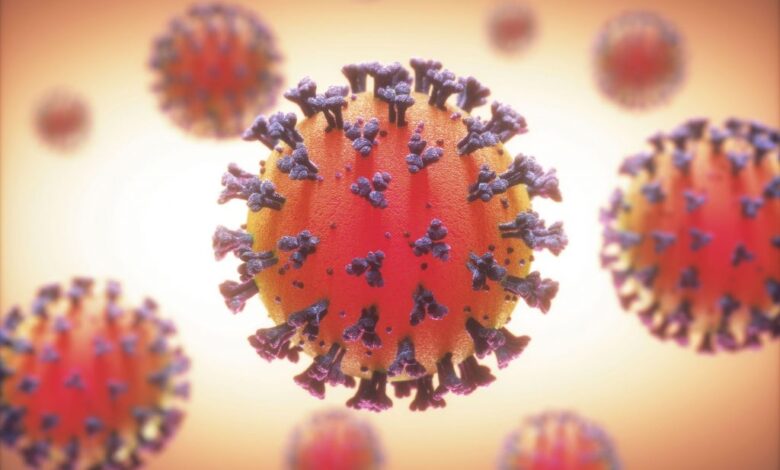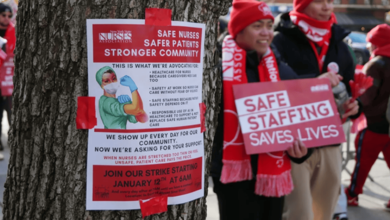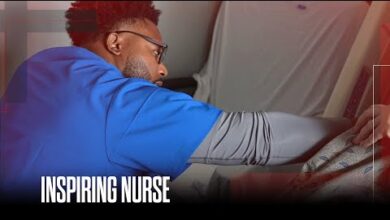‘No increased risk’ of birth defects after Covid-19 infection or vaccine

Neither being infected with Covid-19 nor being vaccinated against it during the first trimester of pregnancy is linked with increased risk of major birth defects, according to Scandinavian researchers.
They noted it was known that women infected with Covid-19 during pregnancy were at increased risk of severe illness and had a higher risk of complications, including preterm birth and stillbirth.
But they said it was less clear if there was a risk of birth defects after infection with Covid-19 or vaccination against the virus, as it had only recently become possible to investigate this question.
The researchers used national data to on 343,066 liveborn single infants in Sweden, Denmark and Norway with an estimated start of pregnancy between 1 March 2020 and 14 February 2022.
Information on confirmed Covid-19 tests and vaccination was also obtained by the study authors from national health records and vaccination registries, for comparison.
Major congenital anomalies looked for in the study included defects of the heart, nervous and respiratory systems, eye, ear, face and neck anomalies, oro-facial clefts, genital and limb anomalies.
Potentially influential factors such as mother’s age, education, country of birth, body mass index, existing chronic conditions, and smoking during pregnancy, were also accounted for in the analyses.
Of the 343,066 infants included in the infection analysis, 10,229 (3%) were exposed to Covid-19 infection during the first trimester.
In addition, of the 152,261 infants in the vaccination analysis, 29,135 (19%) were exposed to Covid-19 vaccination during the first trimester.
A total of 17,704 (5.2%) of infants were diagnosed with a major congenital anomaly, but the study authors found no increased risk of any after infection or vaccination during the first trimester.
Overall, no notable increased risk among offspring of women vaccinated against Covid-19 during the first trimester was found for 10 of the 11 groups of anomalies evaluated.
The researchers said they could not rule out the possibility that other unmeasured factors, such as underlying genetic risk and pre-existing conditions in the women, might have influenced their results.
Nevertheless, they highlighted that it was a large study using high-quality data from three countries, and the results were similar after further analyses, providing greater confidence in their conclusions.
“Covid-19 infection and vaccination during the first trimester of pregnancy were not associated with risk of congenital anomalies,” stated the study authors.
They added that there also appeared to be no notable variation in the risk according to viral variants, although larger studies were needed to “provide more robust evidence”.
The study, which was funded by the Research Council of Norway and NordForsk, was published in the British Medical Journal.
Pregnant women were offered vaccination during the pandemic, starting in April 2021, with the backing of the Royal College of Midwives and Royal College of Obstetricians and Gynaecologists.
The Joint Committee on Vaccination and Immunisation had advised earlier that year that pregnant women should be offered the Pfizer and Moderna vaccines, after confirming their safety and efficacy.
However, in July 2021, the then chief midwifery officer for England wrote to midwives and GP practices calling on them to ensure pregnant women had sufficient information on getting the jab.
Figures released at the same time as Professor Jacqueline Dunkley-Bent’s letter showed that the “overwhelming majority” of pregnant women hospitalised with Covid-19 had not been vaccinated.
In contrast, no pregnant women who were fully vaccinated had been admitted to hospital in England and just three women had been admitted after having their first dose of the vaccine.







